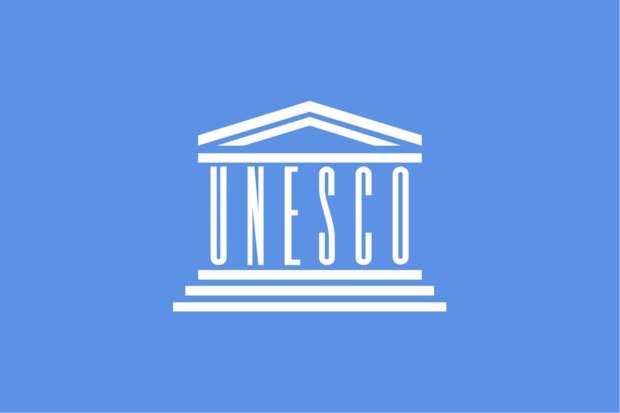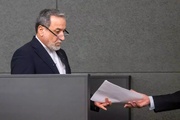The recent outbreak of Ebola in Africa revealed that many diseases can emerge, Engida said in delivering the Carlos J. Finlay UNESCO Award in microbiology, which enhances the work of scientists from around the world in this specialty and its various branches.
Awarded in 2015 to the Japanese microbiologist Yoshihiro Kawaoka, the prize is named after the Cuban scientist, discoverer of the yellow fever transmitter vector, Carlos Juan Finlay, and the ceremony was held in the same place where Finlay presented the results of their research at the headquarters of the Academy of Sciences.
The award is the best example of what can be done to curb the resurgence of diseases.
"Now the world needs minds as the one by Finlay and now Kawaoka,"said the Director of the International Research Center for Infectious Diseases at the University of Tokyo.
Kawaoka deserved for his studies that led to the development of vaccines against various types of viruses and their contributions to the knowledge on the different strains of Ebola.
"I hope that humanity will benefit from this research," he said.
At another point Engida appreciated the work of Cuba and UNESCO towards the advancement of that specialty.
Their joint work reaffirms the value that gives the microbiology and development, he stated.
The Japanese Ambassador to Cuba, Masaru Watanafe, received from the hands of Engida and Cuban Minister of Science, Technology and Environment, Elba Rosa Pérez, granted the award obtained by his compatriot, and he stressed the importance of receiving it, right in the centenary of the death of the Cuban scientist.
Moreover read a message sent by Kawaoka in which he lamented his absence and thanked Cuba for recognizing their work.
He stressed in the letter how Finlay paved the way in understanding the origin of many diseases.
Now revived after a decade without grants, the award since its inception in 1977 and biannually, has been conferred on 13 personalities from the international scientific community. Canadian Roger Stainer was the first to deserve it in 1980, and Mexican scientists Susan Lopez and Ortiz Arias, were winners in 2001.
hr/tac/ro/alb
PL-43/MNA


























Your Comment